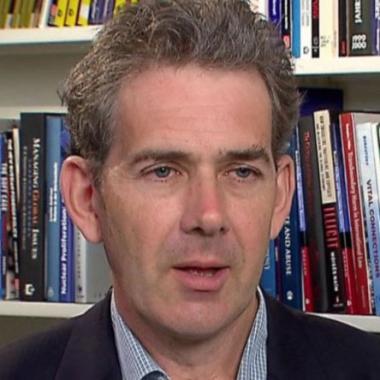Join Thomas de Waal's talk at University of Westminster followed by a reception.

Many people in the West are looking out on the global landscape with a grim sensation that the international order has broken down, conflicts are flaring up unchecked and we have arrived in a multipolar world of a brutal kind. In the South Caucasus, many would say this is the world they already live in. In the background of regional instability with wars waging in Ukraine and in Gaza, the long-running conflict between Azerbaijan and Armenia over Nagorny Karabakh ended last year with a decisive Azerbaijani victory. As Russia, Turkey and the West vie for influence in the region, the South Caucasus region faces a growing existential crisis. This resembles the earlier formative period of 1917-21, when the modern political contours of the region were first drawn and when the region became a theatre of inter-ethnic and proxy conflict.
About the speaker

Thomas de Waal
Tom de Waal is one of the leading scholars on the South Caucasus region. He is a senior fellow with Carnegie Europe, specializing in Eastern Europe and the Caucasus region.
He is the author of numerous publications about the region. The second edition of his book The Caucasus: An Introduction (Oxford University Press) was published in 2018. He is also the author of Great Catastrophe: Armenians and Turks in the Shadow of Genocide (Oxford University Press, 2015) and of the authoritative book on the Nagorny Karabakh conflict, Black Garden: Armenia and Azerbaijan Through Peace and War (NYU Press, second edition 2013).
From 2010 to 2015, de Waal worked for the Carnegie Endowment for International Peace in Washington, DC. Before that he worked extensively as a journalist in both print and for BBC radio. From 1993 to 1997, he worked in Moscow for the Moscow Times, the Times of London, and the Economist, specializing in Russian politics and the situation in Chechnya. He co-authored (with Carlotta Gall) the book Chechnya: Calamity in the Caucasus (NYU Press, 1997), for which the authors were awarded the James Cameron Prize for Distinguished Reporting.

